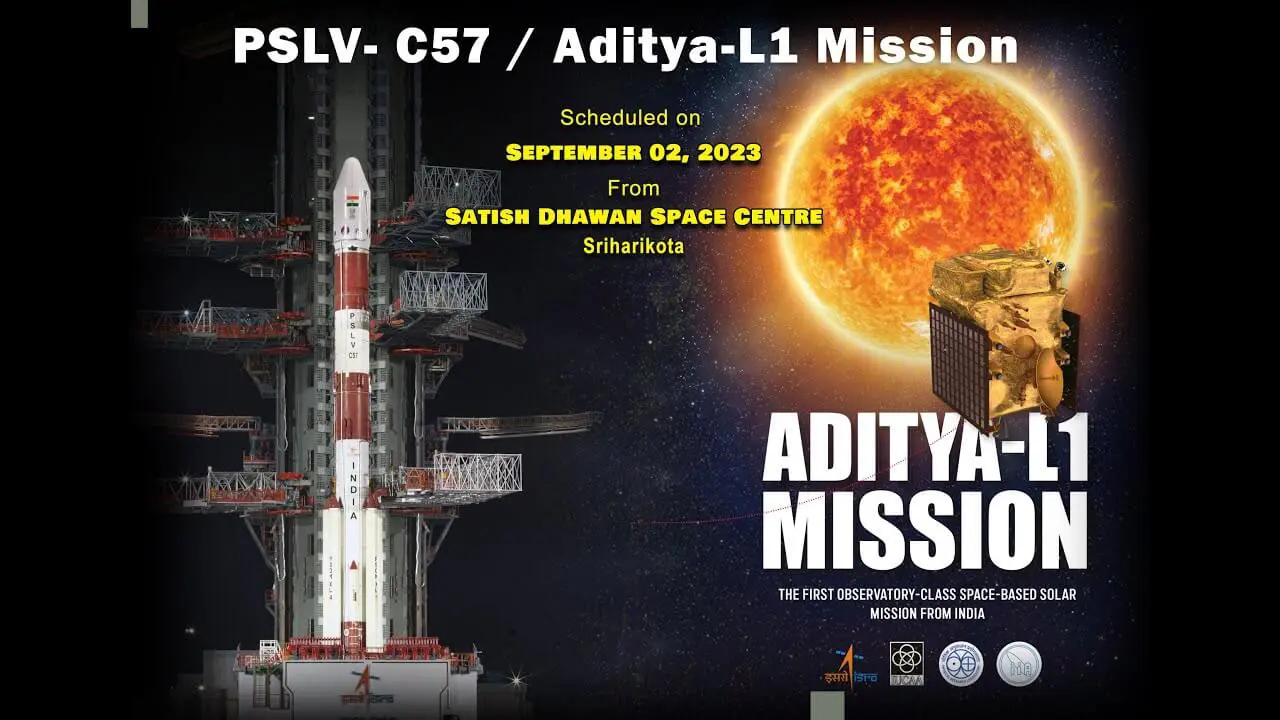Aditya-L1 – Indian First Solar Mission
India: Aditya-L1: India’s First Solar Mission was launched on 1 September 2023. The mission is India’s first solar mission after the recent Chndrayaan-3 successful soft landing on the moon’s south pole. Aditya-L1 is an exclusive satellite dedicated to the detailed study of the Sun designed, developed, and launched by the Indian Space Research Organization (ISRO). The Satellite is all set for 1.5 million kilometers of journey for over 4 months. Aditya means the Sun in Sanskrit.
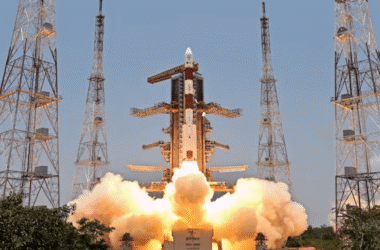
Read More: Treasures on South Pole of Moon
It is named after the Hindu god of the Sun, “Surya”, also known as Aditya, here refers to Lagrange Point 1 of the Sun-Earth system.

What is Lagrange Point?
A Lagrange point is a point where the gravitational forces of two large masses (such as the Sun and the Earth) cancel each other out, which becomes a perfect parking spot for a spacecraft and allows it to hover and remain in a fixed position with minimal fuel utilization.
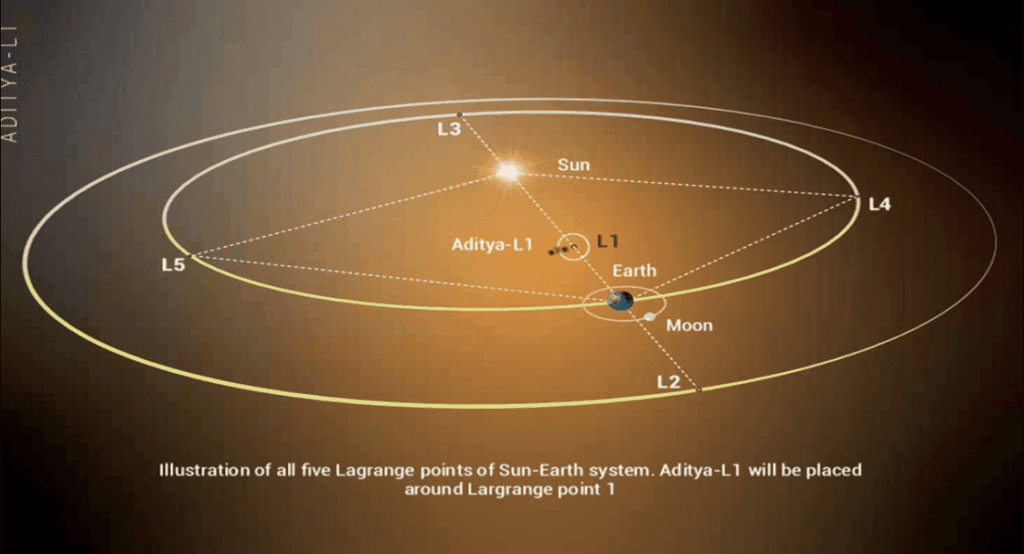
There are 5 Lagrange points: L1, L2, L3, L4, and L5. L1, L2, and L3 are unstable Lagrange points. L4 and L5 are stable Lagrange points. The L1 point of the Earth-Sun system is also home to the satellite SOHO (Solar and Heliospheric Observatory Satellite) solar mission launched jointly in 1995 by NASA and ESA, which is still operational even today.
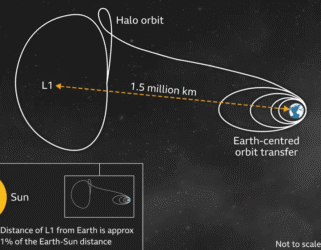
Read more: National Aerospace Science and Technology Park
Aditya-L1 was launched successfully from Satish Dhawan Space Centre Sriharikota on Saturday, 2 September 2023. The spacecraft will proceed about 1.5 million km from Earth in around 125 days and will study the Sun’s outermost layers. Aditya-L1 is expected to reach its destination, which is L1, after four months in January 2024.
It will be the first craft to be placed in orbit around the Sun by any Asian country. Many countries, such as the #USA, #Germany, and the European Space Agency (ESA), have successfully launched solar missions to study the Sun before Aditiya-L1. Previously, 22 missions have been launched, striving to study the Sun; 14 of them were launched by #NASA.
Following is the list of the solar missions:
| Mission Name | Launch Year |
| SOHO | 1995 |
| STEREO | 2006 |
| Hinode (Solar-B) | 2006 |
| SDO | 2010 |
| IRIS | 2013 |
| Parker Solar Probe | 2018 |
| Solar Orbiter | 2020 |
Main Objectives of the Aditya-L1 Solar Mission: Aditya-L1 – Indian First Solar Mission
The Aditya-L1 spacecraft will first be placed in a low Earth orbit before it reaches its final destination, the Sun-Earth Lagrange point L1.
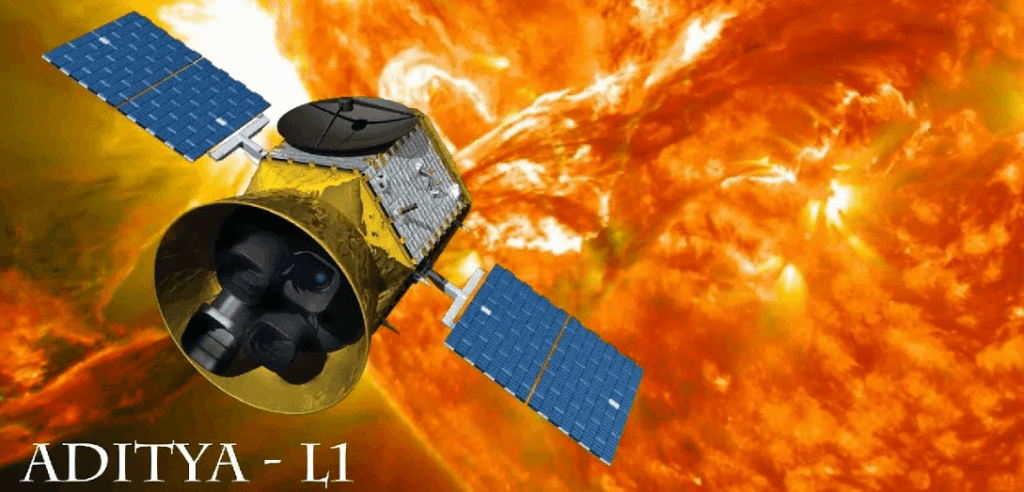
Some of the key objectives of this mission are to:
- Study the corona’s magnetic field.
- Study the movement of particles from the Sun.
- Observe the chromosphere, the Sun’s atmosphere just below the corona.
- Diagnose why the Sun’s atmosphere, the corona, is hotter than its surface.
- Study the plasma and magnetic fields from the Sun’s corona called (CMEs).
- Understand and study space weather, such as the origin and composition of the solar wind.
For more details, contact the Munafa Marketing.

